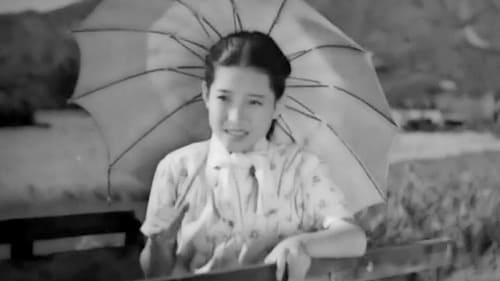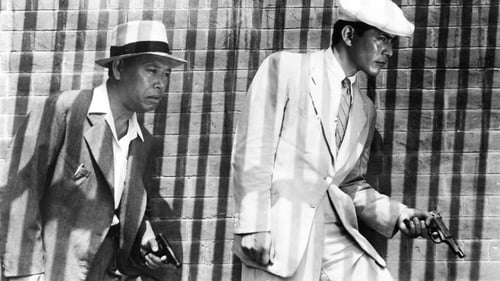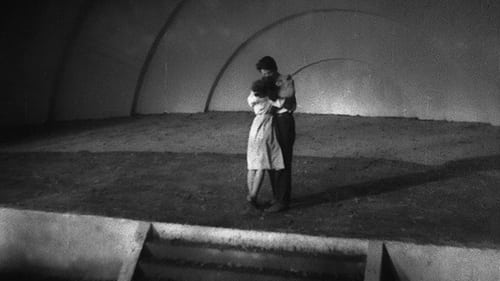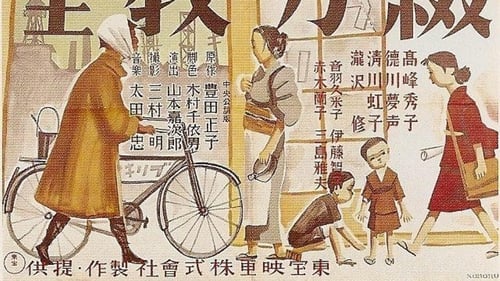
Three humorous love stories set in rural Japan.

Punk
Ambientada en la postguerra japonesa tras la II Guerra Mundial (1939-1945). Con la estructura del thriller americano y los convencionalismos japoneses, narra la historia de un joven detective al que roban su pistola. Agobiado por un sentimiento de deshonor más que de pérdida, emprende, con un veterano compañero, una frenética e incansable búsqueda que lo lleva a los bajos fondos de Tokyo.

Waif
En tiempos de postguerra, dos enamorados pasan juntos un domingo, esperando que sea un día inolvidable. Están llenos de sueños e ilusiones e intentan ser felices. Pese a sus problemas y contratiempos, pese a las preocupaciones derivadas de los bombardeos atómicos de Hiroshima y Nagasaki, su amor les permite concebir ilusiones sobre un futuro mejor.

A female doctor's story of her life in an isolated leper colony.

Chocolate and Soldiers (チョコレートと兵隊, Chokorēto to Heitai) is a 1938 Japanese war film directed by Sato Takeshi and one of the most effective Japanese propaganda films of the late 1930s. The American director Frank Capra said of Chocolate and Soldiers "We can't beat this kind of thing. We make a film like that maybe once in a decade. We haven't got the actors. It shows the common Japanese soldier as an individual and as a family man, presenting even enemy Chinese soldiers as brave individuals. It is considered to be a "humanist" film, paying close attention to the human feelings of both the soldier and his family. Cinema theorist Kate Taylor-Jones suggests that Chocolate and Soldiers provided "a vision of the noble, obedient and honourable Japanese army fighting to defend the emperor and Japan.

Mitsuo
Based on an autobiographical story by Toyota Masako.


